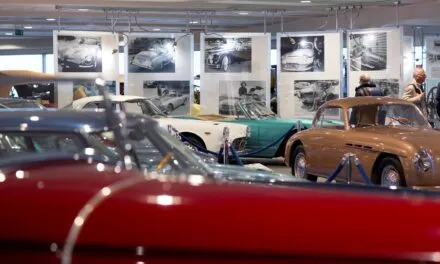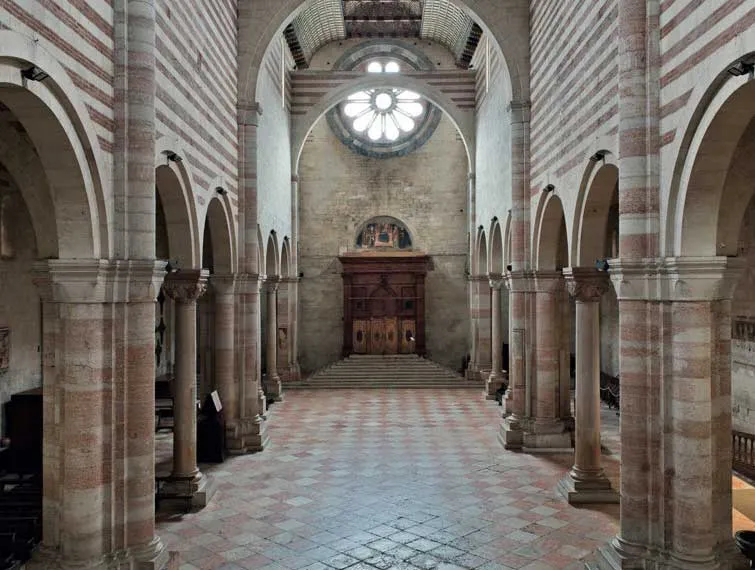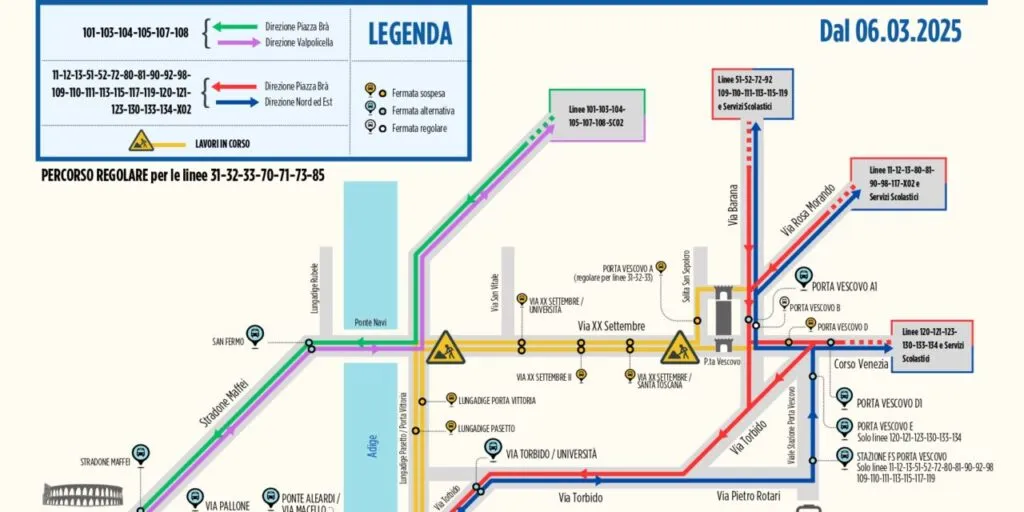Taking wine away from the Belpaese would be tantamount to cancelling almost all Italian sport, including football. This was affirmed by VeronaFiere, which together with the Uiv-Vinitaly Observatory presented the results of the project “Se tu togli il vino all’Italia. Un tuffo nel bicchiere mezzo vuoto” (If you take wine away from Italy. A dive into the glass half empty).

The project, conceived in the wake of the frequent attacks on the “national drink”, includes an economic impact analysis commissioned from Prometeia and a focus by the Uiv-Vinitaly Observatory on three – among many – symbolic wine-growing areas: Barolo, Montalcino and Etna. The results of the impact analysis confirm, by quantifying it, the economic contribution of the sector: in the event of the disappearance of the wine supply chain, 303.000 people would have to find another job and the country would give up an asset capable of generating an annual production of 45.2 billion euros and an added value of 17.4 billion euros. In this day-after scenario, we would do without an economic multiplier capable of generating a contribution of 2.4 euros of production for every euro of expenditure activated by the wine industry. Finally, every 62.000 euro of value produced by the supply chain guarantees one job.
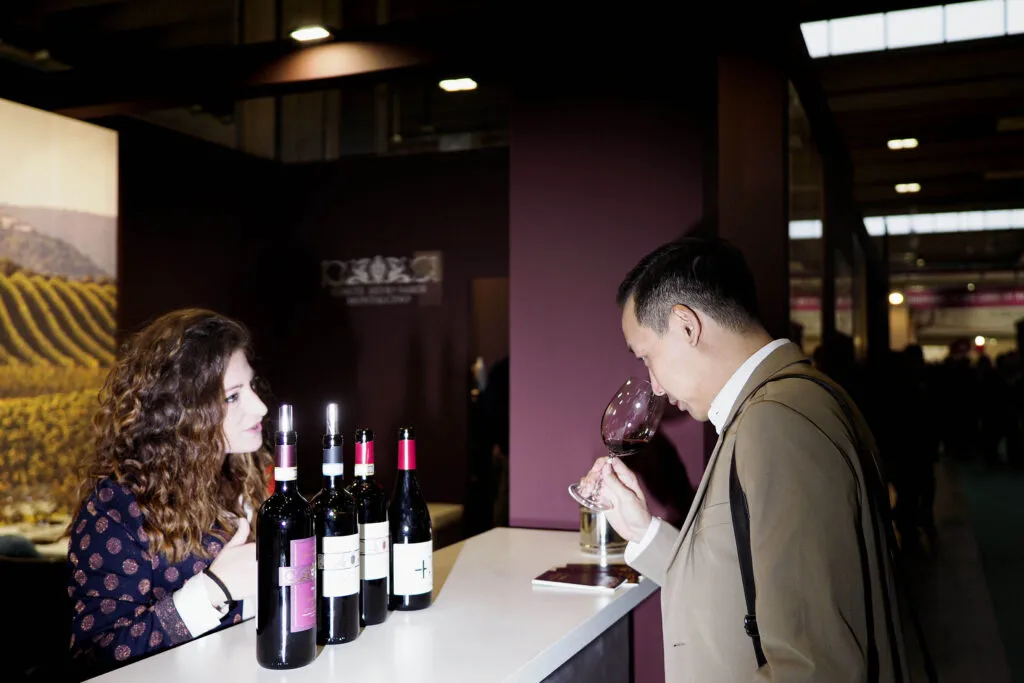
Without wine, the trade balance of the Made in Italy agri-food sector would drop by 58%. In fact, last year wine ranked second in the trade surplus generated by tricolour flag bearers, behind jewellery/oreficery and ahead of leather goods, clothing, packaging machinery and footwear.
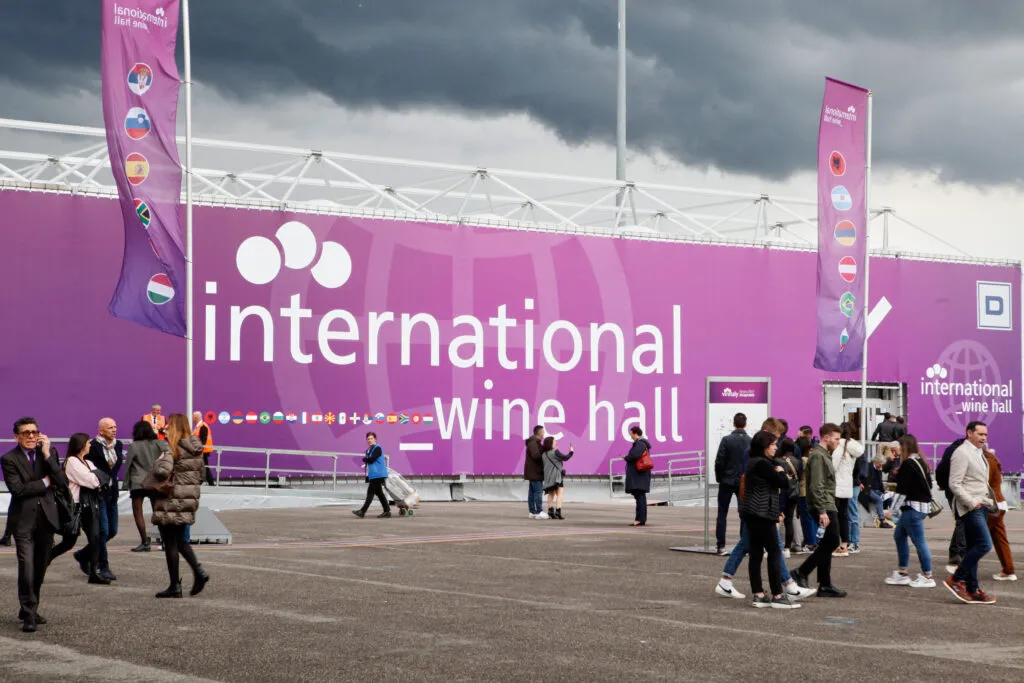
Wine tourism contributes substantially to the overall economic impact of the wine supply chain and can become fundamental for many small towns and rural communities with a wine vocation. Wine tourism involves about 15 million people annually (including travellers and excursionists) with daily budgets (eur 124) 13% higher than those of the average tourist, for a total expenditure of eur 2.6 billion. Based on these figures, the impact analysis shows that without this component, 15% of the total added value generated by the wine chain would be missing.




